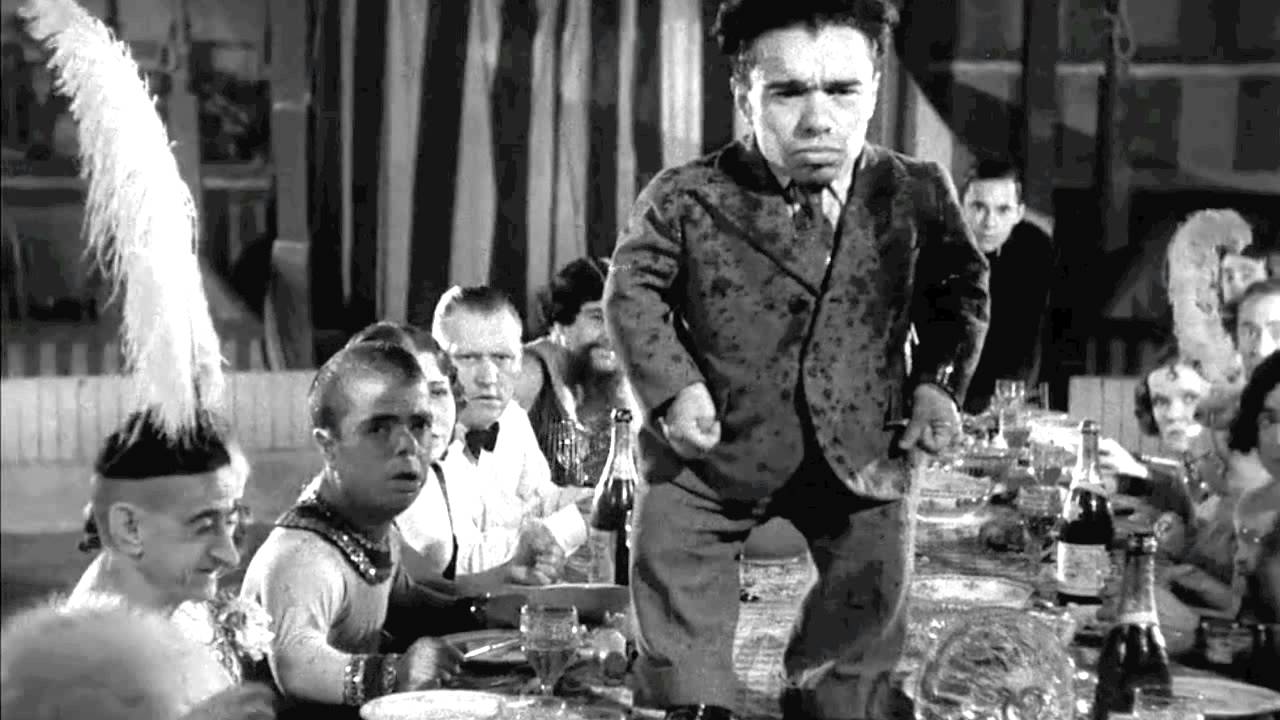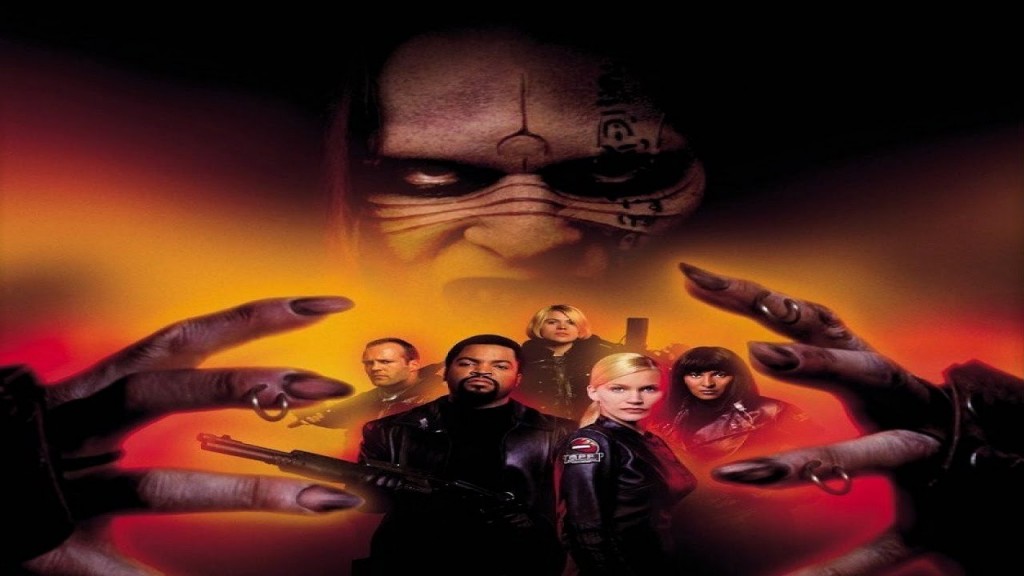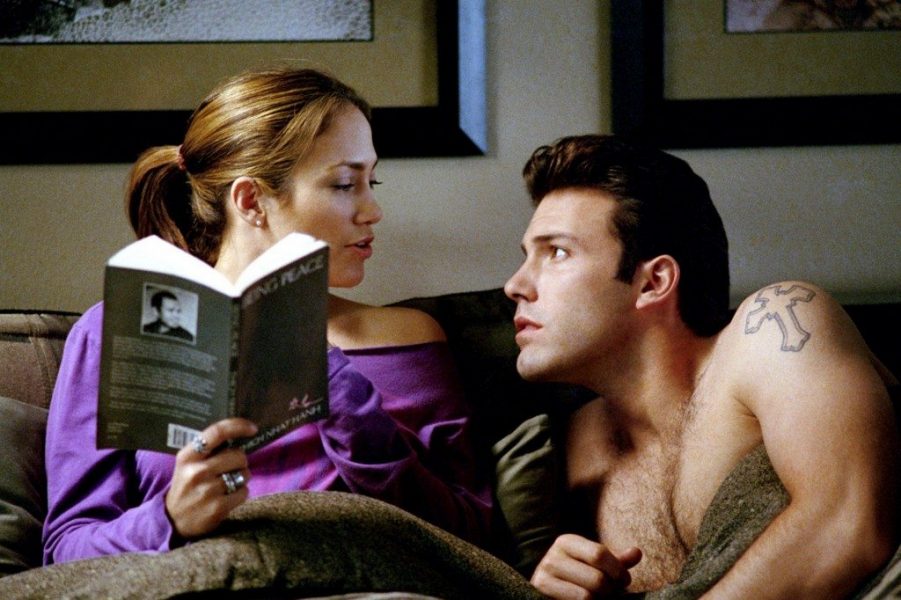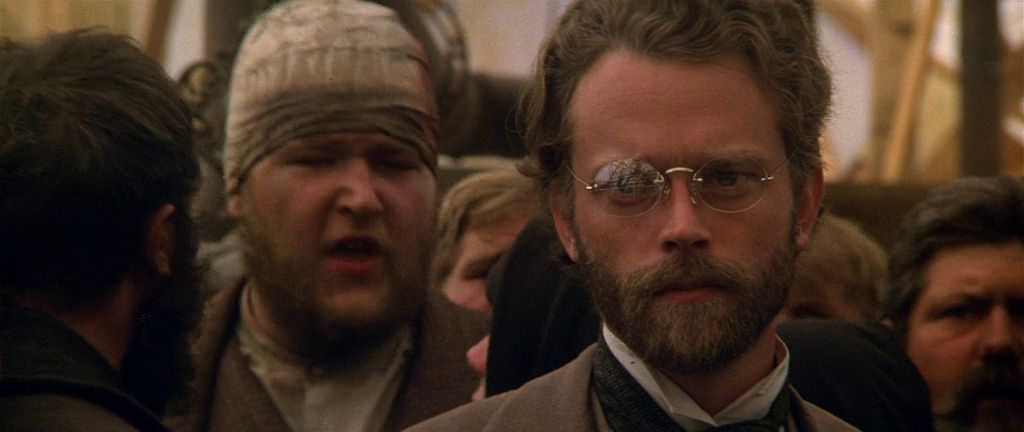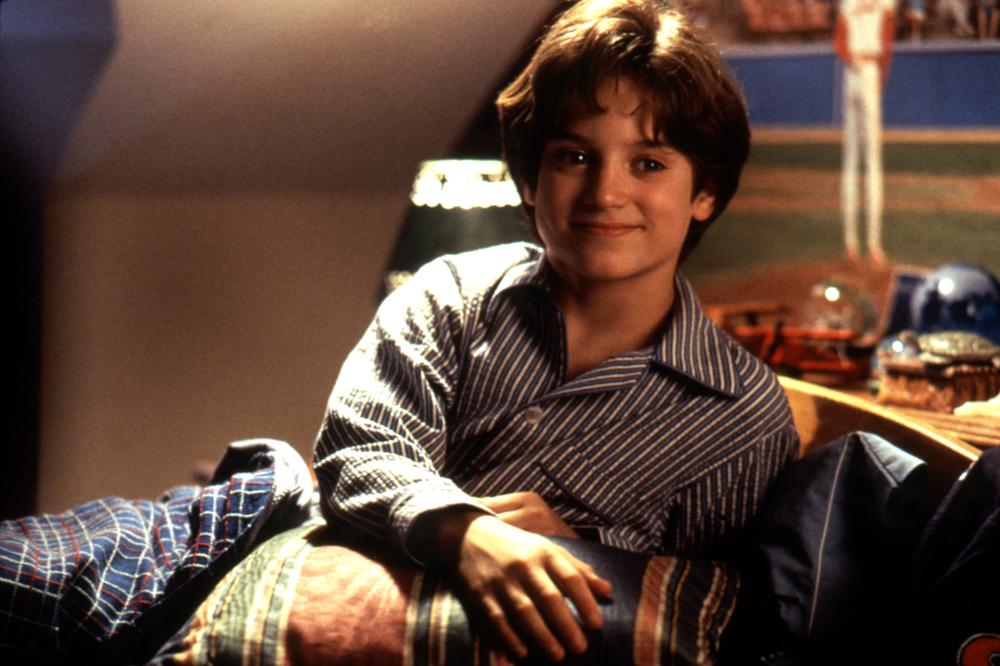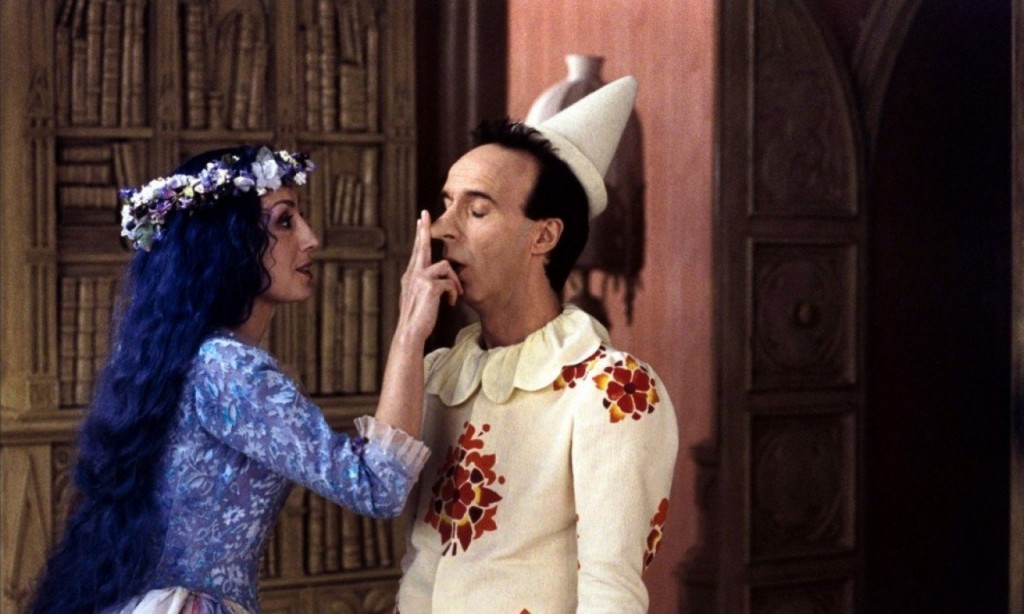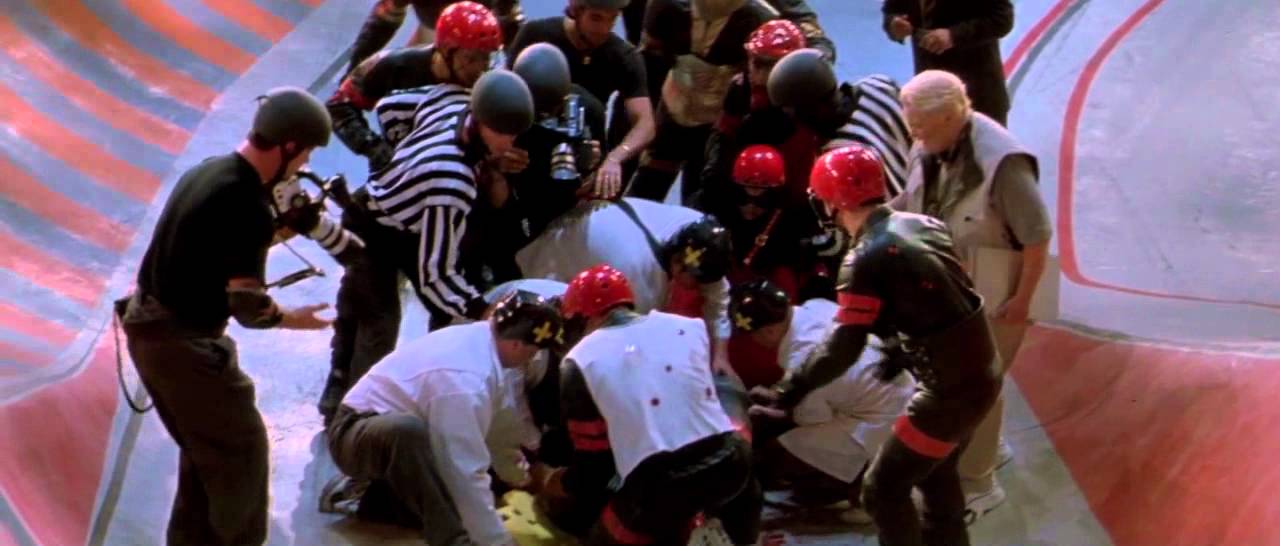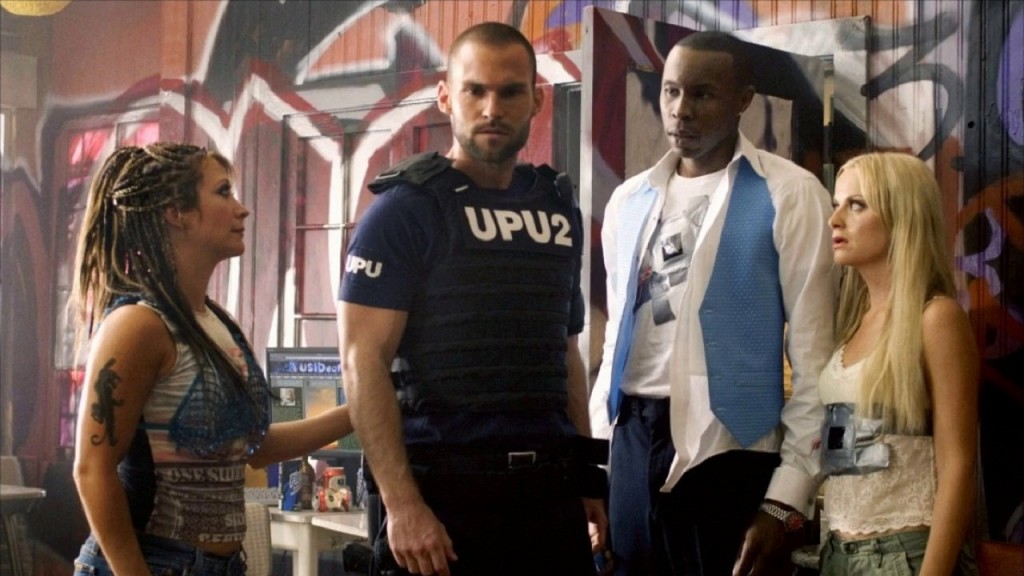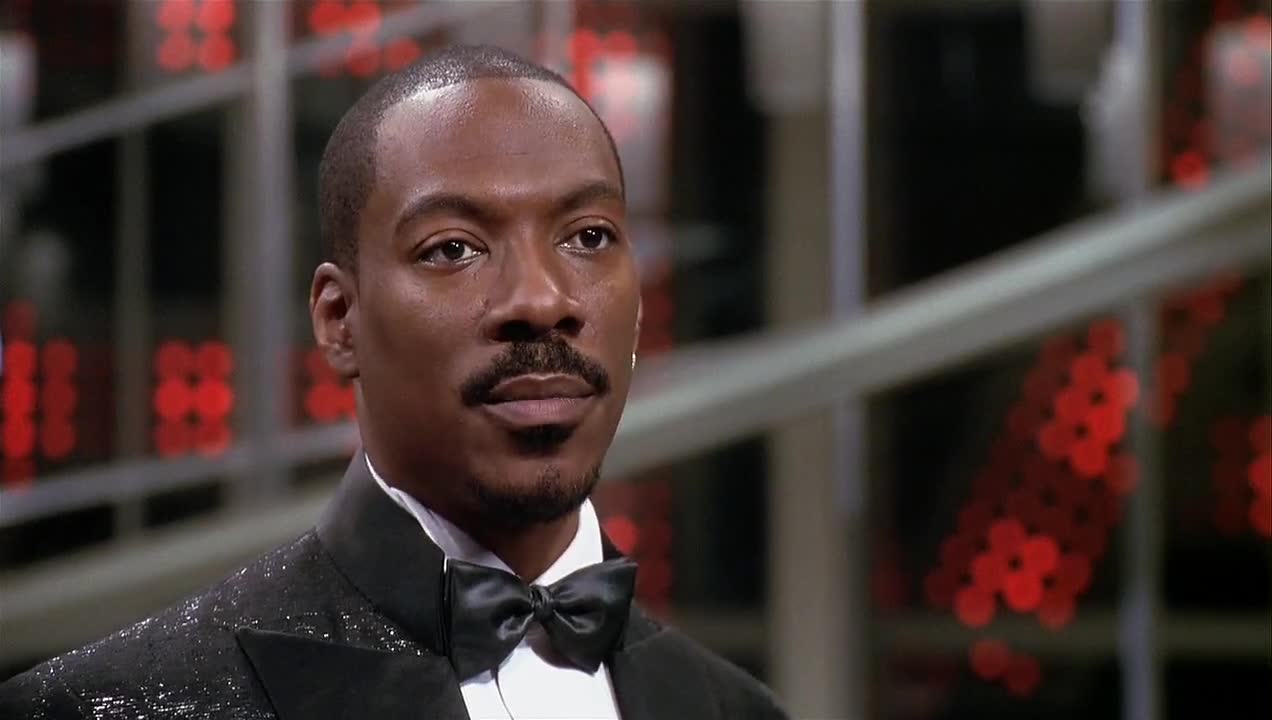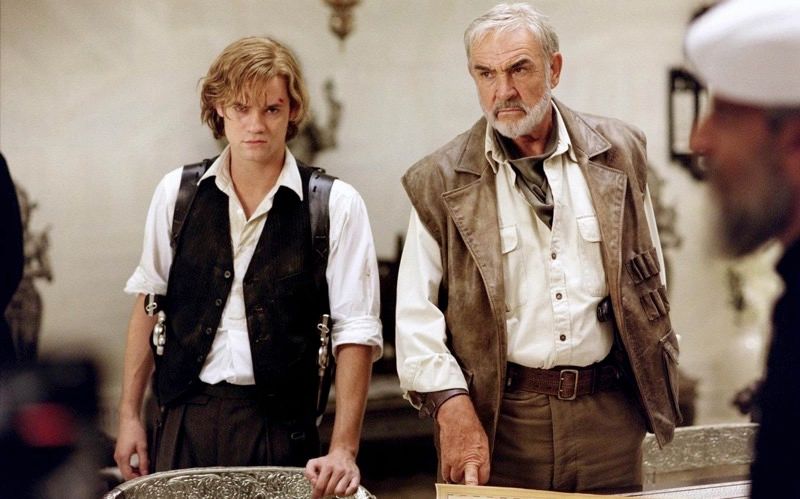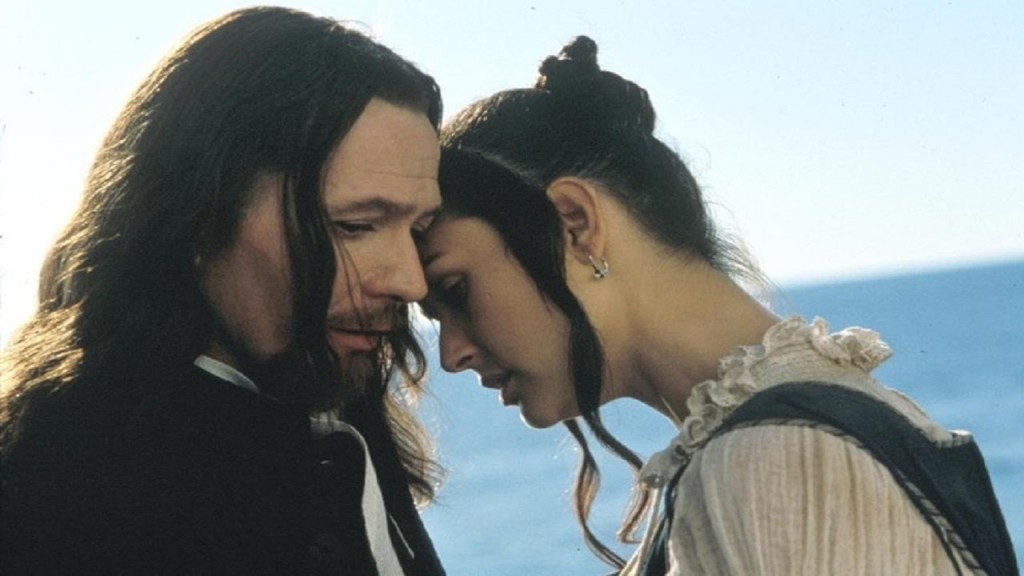A career can be launched by one movie, and careers can be destroyed by one movie. And when directors are involved, the situation gets considerably worse. In addition, the director is responsible for many different jobs. In the wake of a failure, they too may suffer collateral damage. Consequently, becoming a director is not at all a simple job. This list discusses the flop films that single-handedly ended the careers of directors:
Freaks (1932) – Tod Browning
Tod Browning is the epitome of adaptability. One of the rare filmmakers who has worked on films in every genre and subgenre. Tod produced close to 50 films, although he is still largely forgotten. Additionally, they were all at least passable. Finally, he gained the praise he deserved for his film “Dracula.” Then, his older works also began to enjoy significant success. Tod gained notoriety and rose to the position of “The” Director. That is, until he produced “Freaks,” a neo-horror attempt that was nothing less than a bizarre circus in action. The movie was, to put it mildly, quirky. He tried everything ‘Dracula’ had to offer, but he was unable to return to the right path.
Ghost of Mars (2001) – John Carpenter
John Carpenter is renowned for the low-budget cult movie “Dark Star.” The movie afterwards became a great hit. Then he went on to helm a succession of hugely successful films, including “Escape from New York,” “The Fog,” and “Assault on Precinct 13.” John has also helmed some fantastic pictures, like “Christine” and “The Thing.” After that, his films “Escape from L.A.,” “In the Mouth of Madness,” and “Vampires” were all of mediocre quality. The worst, though, was yet to come. The movie he later directed, “Ghost of Mars,” couldn’t have been much worse. The movie was terrible in every way, and I mean really terrible. John then transitioned to a semi-retirement. A recent Master of Horrors episode was directed by him. And it appears that he still possesses some charisma.
Gigli (2003) – Martin Brest
Martin Brest got off to a strong start by helming the financially successful Beverly Hills Cop. He subsequently directed “Midnight Run.” Despite its modest success, the movie held a lot of promise. Then followed “Scent of a Woman,” which not only made tremendous money but also had a stellar run at the Oscars, and marked the pinnacle of his directing career. But then he committed a serious sin. With a real-life couple from those days, Ben Affleck and Jennifer Lopez, he created “Gigli.” The movie enjoyed a successful run at the Razzies and made a fortune there. On a $75 million budget, the colossal failure of a movie barely brought in $7 million. Brest hasn’t been able to secure any fresh offers since. And all he has accomplished is a little nod in Ben Affleck’s thank-you speech during one of the Oscars speeches.
Heaven’s Gate (1980) – Michael Cimino
Although Michael Cimino produced a number of excellent films, it was ‘The Deer Hunter’ that made him a household name. The movie was a smashing hit. It earned favourable reviews from reviewers and enjoyed considerable success at the box office. Five Oscars, including the Best Director and Best Picture awards, were won by it. an unusual achievement at the time. Everything Cimino had built was destroyed in his subsequent film, Heaven’s Gate. Similar to the antagonism seen in the film, there was a lot of it in the production as well. The movie’s budget far above the $44 million cap. and finally only succeeded in earning $3 million. As a result, Michael Cimino’s lost love with the audience was never revived.
North (1994) – Rob Reiner
For more than ten years, Rob Reiner ruled the film industry. His career in filmmaking began with “The Spinal Trap,” one of his most outstanding works. His roles in “When Harry Met Sally” and “A Few Good Men” brought him international acclaim. Such films only succeeded because of Reiner’s skilled direction. Reiner was now a member of the exclusive directors’ club as a result. However, his entire image was destroyed when he produced the movie “North,” which starred Bruce Willis in a bunny costume. The sole noteworthy aspect of the film was its attractive cast. The film received numerous Razzie nominations and reviews. He has had a poor run at the box office since then, with the exception of his production of “The Bucket List.”
Peeping Tom (1960) – Michael Powell
The director Michael Powell had a lot of potential. He had a difficult beginning and spent about 6-7 years as an assistant director before receiving his first feature. Powell produced numerous excellent films, including The Red Shoes and 49th Parallel. The tragic aspect of his story is that his best effort ended up ruining his career. ‘Peeping Tom’ was his attempt at a horror film, and it was a pretty exciting one. The horror film made a nice effort and offered something unique. The world, though, was still not prepared for a movie like “Peeping Tom.” The critics slammed him severely, and the movie also did poorly at the box office. It wouldn’t have ruined a good career if people had recognised his brilliance back then.
Pinocchio (2002) – Roberto Benigni
Think of “Life is Beautiful,” then “Pinocchio.” Both of these films were directed by Roberto Benigni, but they couldn’t be more dissimilar from one another. How could a director of such a wonderful film as “Life is Beautiful” make such a terrible mistake? In addition to receiving praise for “Life is Beautiful,” Roberto Benigni also won three Oscars. But after that, something happened similar to what happens to people who have already experienced success. He created “Pinocchio,” a total failure, and gosh, could it have been worse. It was so awful that it was amusing. Benigni appeared in a couple films after that but hasn’t since directed a feature. We can only hope that he will soon lead a project and produce something as stunning as “Life Is Beautiful.”
Rollerball (2002) – John McTiernan
McTiernan is renowned for his understanding of the action-thriller subgenre. We’ve received some breath-taking action thrillers from him. The films “Die Hard,” “Predator,” “Die Hard with a Vengeance,” and his first adaptation, “The Hunt for Red October,” all on the list. He often writes the screenplays for his own films. As a result, he is aware of the subtleties of the script and how to interpret them for the screen. The Thomas Crown Affair and “The 13th Warrior” were two of his most significant failures. But “Rollerball” ended up serving as the pivot. On a $70 million budget, the 1972 version barely made $26 million. To put it mildly, the movie was a complete failure. McTiernan hasn’t been in charge of a film since. Let’s hope he returns with a bang, perhaps in the form of a new Die Hard film.
Southland Tales (2006) – Richard Kelly
A man who created ‘Donnie Darko,’ one of the modern cult classics, failed miserably to live up to expectations. Due to “Donnie Darko’s” enormous success, Richard had developed a sizable fan base over time. But he really lost it. After a period of inactivity, he resumed directing, signing the project “Southland Tales.” The three-hour-long dystopian musical poked fun at American corruption and popular culture. It had a lot of potential, but none of it was realised. Since that time, Richard has only directed “The Box,” another major flop, and has not produced anything else. Let’s hope he sheds the burden and directs a film once more.
The Adventures of Pluto Nash (2002) – Ron Underwood
What a major failure can do to a director’s career is really strange. Tremors, directed by Ron Underwood, is a hugely popular and exciting film. Afterward, he showed off his range with the humorous “City Slickers.” Both were huge successes, so he started keeping the producers’ phone numbers handy. He then collaborated with Eddie Murphy on the $100 million film “The Adventures of Pluto Nash.” Only $7 million could be made from the film, which mostly played to empty theatres. He paid a high price for this, and his highly successful career came to an end. He entered an abyss and disappeared forever.
The League of Extraordinary Gentlemen (2003) – Stephen Norrington
This is the tale of a director who had his entire life changed by comics. Norrington’s career’s puzzling case. A career that got off to a big-budget start with the Marvel comics adaptation “Blade.” The Wesley Snipes-starring film became a representation of style and jaw-dropping action. But after that, Norrington’s career saw its anticlimax. He transformed the well-known graphic novel “The League of Extraordinary Gentlemen” by Alan Moore. Additionally, the reviews for the film weren’t favourable. The odd thing is that the movie made a lot of money and didn’t flop. However, it elicited a number of strong responses from people, including Sean Connery quitting acting. Since then, Norrington hasn’t received any offers to direct again and has been passing up directing gigs like “Ghost Rider,” “Clash of the Titans,” etc.
The Scarlet Letter (1995) – Roland Joffé
Either you pass away as a hero or you live long enough to turn into a villain when your debut movie receives seven Oscar nominations. The same thing happened to Roland Joffe. He began by taking on TV directing jobs before receiving a request to helm a motion picture. And the effort paid off handsomely with his first two films, The Killing Fields and The Mission. Both of the films enjoyed tremendous critical and financial success. Then followed difficult times in the 1990s with a number of subpar films. City of Joy and Shadow Makers. Then came the terrible attempt to adapt Super Mario for the big screen. ‘The Scarlet Letter’ follows that. This film won nearly all of the Razzies. Joffe then discovered some offerings here and there. However, they were all made as direct-to-TV films and are most likely in bad shape right now.


